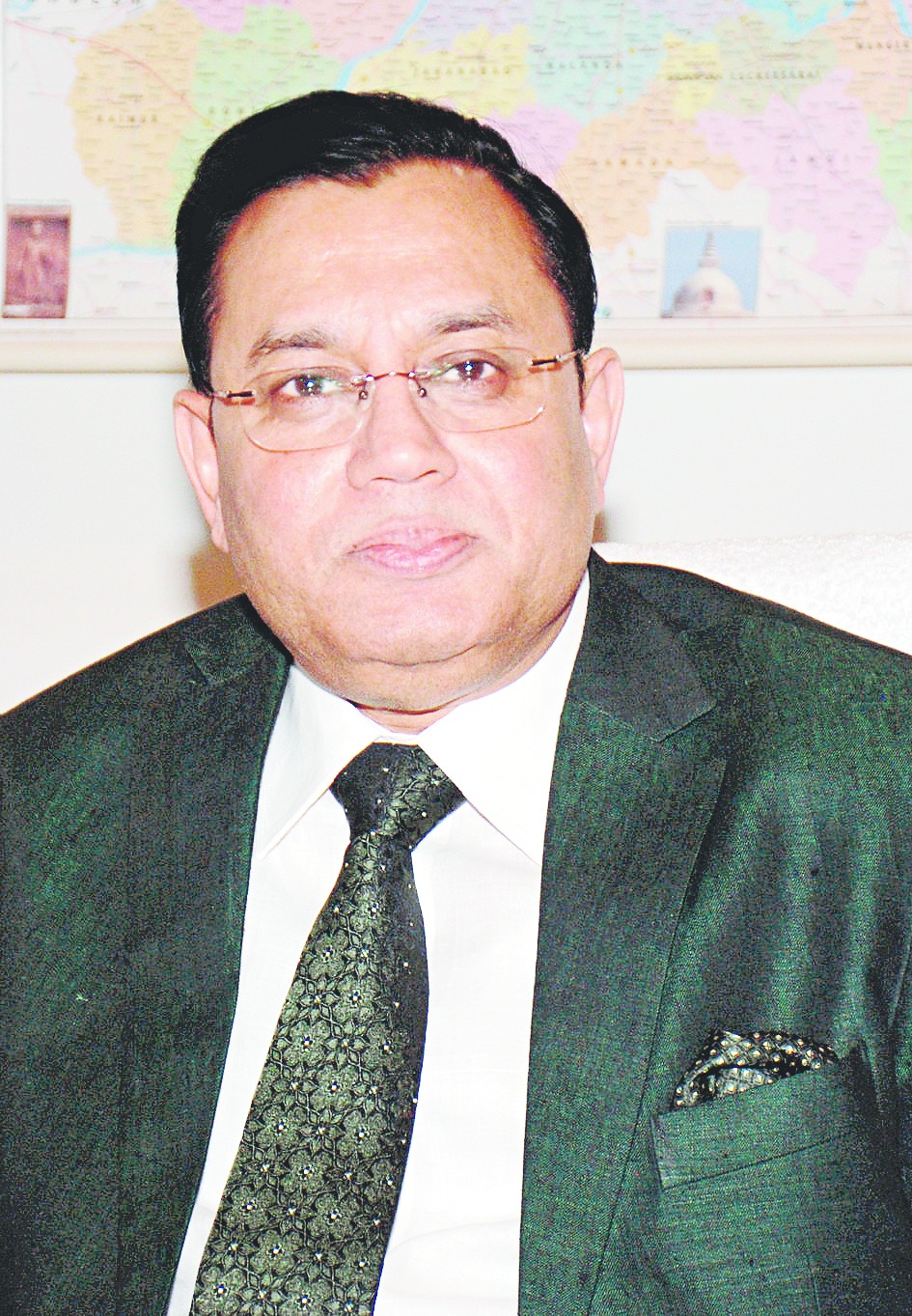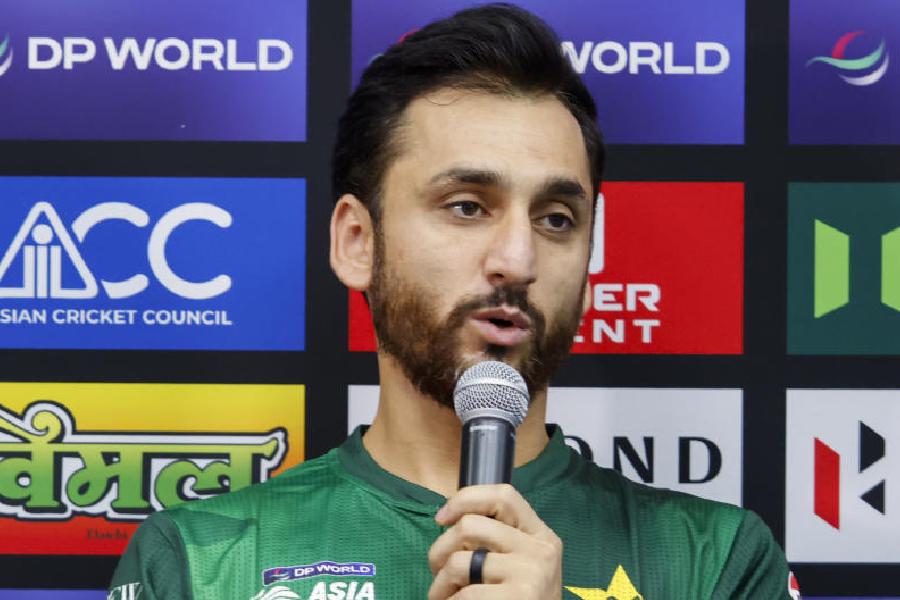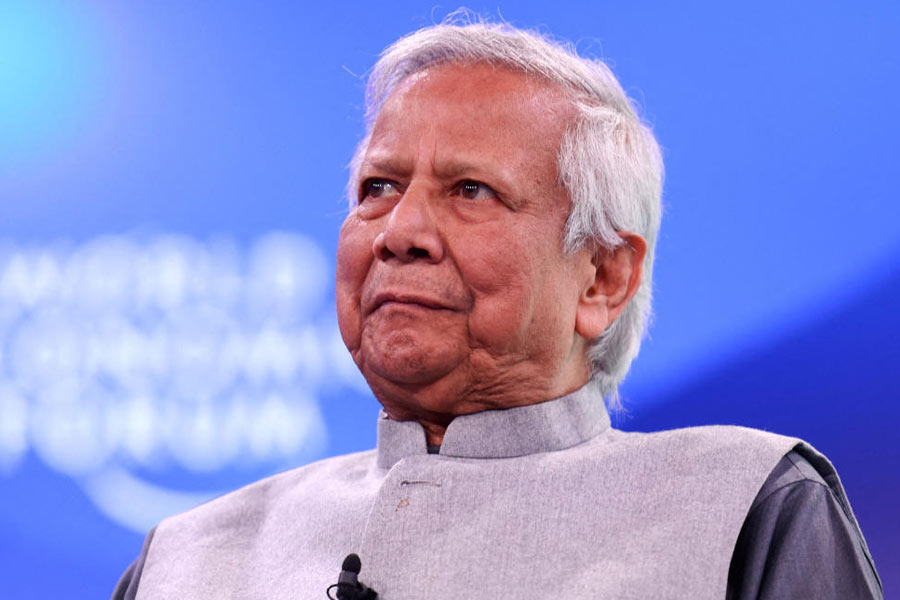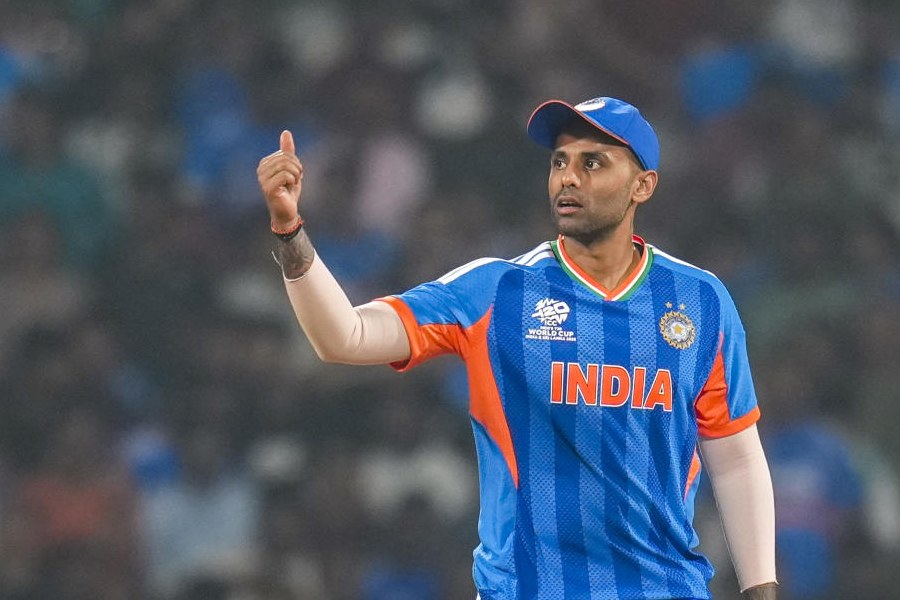
Patna High Court Acting Chief Justice Iqbal Ahmed Ansari expects Prime Minister Narendra Modi to safeguard the judicial independence that the institution has enjoyed for 100 years of its existence. Trained in the subject of gender and law from Warwick University, UK, the occupant of the highest judicial office in the state, who hails from Tejpur in Assam, has fallen in love with Bihar, which in his description is a "true replica of the idea of India". President Pranab Mukherjee had inaugurated the high court's centenary celebrations on April 18 last year, praising it for its tradition of fierce judicial independence. The Prime Minister is scheduled to preside over the concluding ceremony on March 12. In a freewheeling interview with Nalin Verma of The Telegraph, Acting Chief Justice Ansari deliberated at length on the role of the executive and judiciary, the judicial culture of Bihar and his expectations from the Prime Minister. Excerpts:
♦ The Telegraph: Your expectations from Prime Minister Narendra Modi?
Justice Ansari: We expect the Prime Minister to guard the judicial independence that Patna High Court has enjoyed over the years (Patna High Court became functional in March 1916). He (the Prime Minister) has to be a visionary for he has to lead the nation. That he has consented to grace the high court's centenary celebration is testimony to the fact that he is all for judicial independence and is also a visionary. We are happy that he has consented to grace the occasion and is involved in the affairs of Patna High Court. We expect his support to us.
♦ President Mukherjee had expressed concern over the delay in delivering justice in his inaugural address last year and had advocated the vision of speedy justice. How far has the high court travelled on the President's concerns?
Like last year, the high court continues to grapple with the shortage of judges. We have 28 judges against the sanctioned strength of 53. It is not easy to fill up the vacancies given the poor infrastructure at the lower level of judiciary which has its quota in the high court bench. Still, Patna High Court has created a record of sorts in disposing of cases. The high court has disposed of 99,558 cases in 2015 against the pendency of 1,28,738 (cases). Despite its limitations in terms of strength, the high court is equipped with very high quality judges who have disposed of the cases in a diligent manner in 2015 and are supposed to carry forward their yeoman work.
♦ So pendency of cases is not to be bothered about much?
It is not that we don't have to bother about the pendency. But the pendency has a positive dimension too. It reflects that more and more people are approaching the courts, which is the sign of a healthy democracy. It shows that the people have faith in the judicial system. As a democratic state, we should be happy about more and more people approaching the court for justice rather than getting bogged down with it.
♦ You came from Gauhati High Court to join Patna High Court barely two years ago. Your take on the overall socio-political culture of the state...
Bihar is an amazing state... it is a true replica of the idea of India. I had never been to Bihar before joining as a judge in Patna High Court. Some people tried to inject prejudices and apprehension about Bihar when I was about to join. But the people out here are so warm and affable... I don't feel like a stranger in the state. Rather, I have fallen in love with the state. Bihar's people don't let anyone feel as an outsider. That is what inclusiveness is all about. In my understanding, Bihar's small town values are great. In course of my stay I have come to know many people who have left their lucrative assignments in the US and UK to be with their ageing parents in the state. Bihar's people come forward to be with you in grief and happiness. Bihar epitomises what India and our Constitution stand for.
♦ What is your take on the state's executive? Has it been cooperative with the judiciary?
Bihar's executive has seldom been on a collision course with the judiciary. The executive and judiciary might have their share of differences. The executive, at times, might be unable to address the infrastructure needs of the judiciary because of its financial handicaps or otherwise. But we appreciate it...no issue on these counts. The state's executive by and large adheres to the norms stipulated by the Constitution in the context of the judiciary. At the same time, the judiciary in the state has seldom tried to substitute the executive. The judiciary invariably comes into play only when the executive falters in its constitutional duty.










